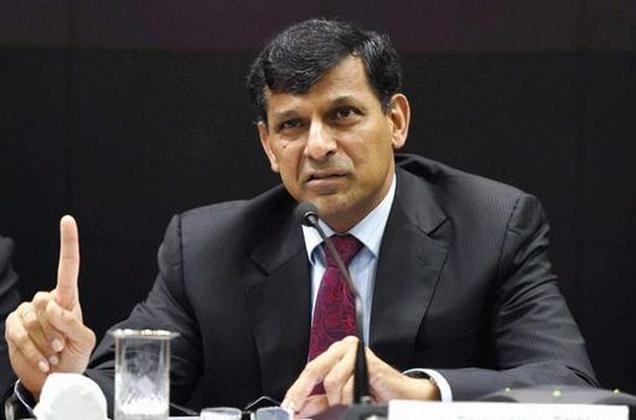MUMBAI (TIP): Three years before the 2008 global financial crisis, an Indian economist named Raghuram G Rajan+ presciently warned a skeptical audience of top economic thinkers that excessive risk threatened the entire global financial system. As Rajan stepped down+ on Sunday as India‘s top central banker, following intense criticism at home, he offered a new warning: Low interest rates globally could distort markets and would be difficult to abandon.
Countries around the world, including the United States and Europe, have kept interest rates low+ as a way to encourage growth. But countries could become “trapped” by fear that when they eventually raised rates, they “would see growth slow down,” he said. Low interest rates should not be a substitute for “other instruments of policy” and “various kinds of reforms” that are needed to encourage growth, Rajan said. “Often when monetary policy is really easy, it becomes the residual policy of choice,” he said, when deeper reforms areneeded. His warning comes at a time when the world’s central banks appear to be at a loss about how to get global growth moving again. A growing number of voices say that low rates are not doing the job and that governments must take other, more politically difficult steps to reinvigorate growth. The warning by Rajan, now 53, came as he stepped down from a position that had helped make him something of a rock star — albeit a controversial one — in India. He disputed the view that his tight monetary policies had cost him the support of the government, and he said that his departure was based on his inability to reach an agreement with the government on serving longer but not serving another full three-year term.
